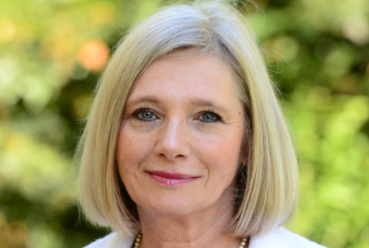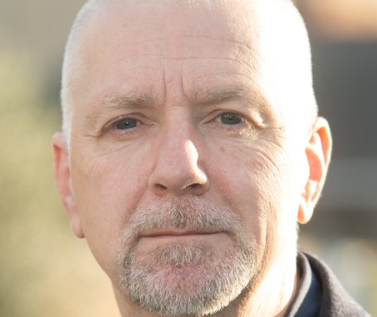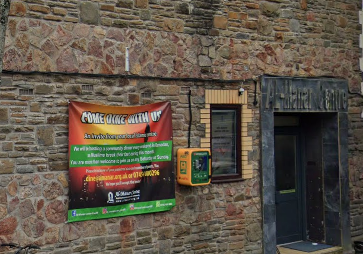A Charity Commission survey has found that almost half (42%) of trustees say their charity has experienced poor service from their banks over the last year.
One in 16 say their account has been frozen or blocked over the last 12 months, with one in 14 saying their bank have lost their records.
In one case a charity’s account was frozen “with little notice” after a bank asked for scanned identification from more than 60 trustees, “many of whom were elderly with no access to internet banking”.
Another charity found its account had been frozen after “a bed bound trustee with cancer was unable to sign a document, despite having the signatures of dozens of other trustees”.
In one case a charity’s account was closed while its CEO was overseas delivering aid.
“This held up a major grant which will enable the charity to expand its work supporting women’s mental health in a deprived community,” said the regulator.
Complex administration of accounts is major challenge for charities, found the survey of more than 2,500 trustees.
One in seven said they “found it difficult to understand what their bank requires of them”, while a similar proportion said they found it challenging complying with their bank’s identity requirements.
Meanwhile, almost one in five have struggled to open a bank account and just under a third have faced issues when trying to update their charity’s contact details or signatories.
The regulator is calling on UK banks to take “urgent action” to improve the service they offer to charities.
It is concerned that poor service from banks will lead to charities being unable to meet their financial obligations, such as paying staff.
The risk of trustees making “unsafe” decisions around charity finances, such as using their personal bank accounts is also heightened, the regulator warns.
Charities may also struggle to retain trustees, who have become frustrated by “disruptive banking services”. The Charity Commission says anecdotally it is aware of trustees resigned over such challenges.
“I’m shocked, but not surprised by these new figures, which offer undeniable evidence of the extent and impact of the appalling service charities receive from some banks,” said Charity Commission chief executive Helen Stephenson.
“It is simply not good enough that volunteer trustees, who are giving of their free time to serve society, are faced with such unnecessary challenges in managing their charities’ money.
“We have worked behind the scenes with banks to improve the service they provide to charities. So far, I have been disappointed with their response. I hope this new research sends a message to the CEOs of high street banks that change is needed now.”
This latest warning from the Charity Commission follows an open letter all UK charity regulators wrote to UK high street banks highlighting the “substandard” service charities are receiving.
Latest News
-
Oxfam GB CEO leaves following conduct investigation
-
Anti-poverty charity fails to submit any accounts since launching five years ago
-
Dutch leisure company to take over charity’s zoos
-
Monday movers - 15 December 2025
-
Charities reducing their visibility amid ‘climate of fear’
-
Volunteering rates rise but remain below pre-pandemic levels
Charity Times video Q&A: In conversation with Hilda Hayo, CEO of Dementia UK
Charity Times editor, Lauren Weymouth, is joined by Dementia UK CEO, Hilda Hayo to discuss why the charity receives such high workplace satisfaction results, what a positive working culture looks like and the importance of lived experience among staff. The pair talk about challenges facing the charity, the impact felt by the pandemic and how it's striving to overcome obstacles and continue to be a highly impactful organisation for anybody affected by dementia.
Charity Times Awards 2023
Mitigating risk and reducing claims

The cost-of-living crisis is impacting charities in a number of ways, including the risks they take. Endsleigh Insurance’s* senior risk management consultant Scott Crichton joins Charity Times to discuss the ramifications of prioritising certain types of risk over others, the financial implications risk can have if not managed properly, and tips for charities to help manage those risks.
* Coming soon… Howden, the new name for Endsleigh.
* Coming soon… Howden, the new name for Endsleigh.
Better Society

© 2021 Perspective Publishing Privacy & Cookies











Recent Stories